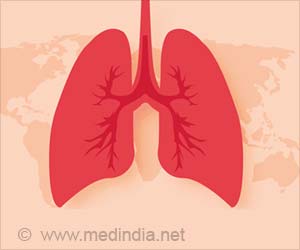Regular exposure to hospital cleaning products and disinfectants significantly increases nurses’ risks of developing asthma, indicates research published ahead of print in Occupational and Environmental Medicine.
The researchers base their findings on a representative sample of 3650 healthcare professionals, including 941 nurses, working in Texas, USA.Nurses whose job entailed regular use of cleaning products; powdered latex gloves, which are a known allergen; the administration of aerosol treatments; and use of solvents or glues were included in the analysis.
After adjusting for other factors likely to influence the results, nurses who used powdered latex gloves before the year 2000 were 6% more likely to have been newly diagnosed with asthma since starting their job than their other healthcare colleagues.
But those who regularly cleaned instruments were 67% more likely to report a diagnosis of asthma since starting their job.
And nurses who were regularly exposed to general cleaning products and disinfectants were 72% more likely to say they had been newly diagnosed with asthma, and 57% more likely to report symptoms similar to asthma.
Those nurses working with solvents and glues used in patient care were also 51% more likely to say they had symptoms similar to asthma.
Advertisement
These included topical cleansers and antiseptics used for cleaning patients’ skin, glutaraldehyde for cold sterilisation of medical instruments, and all purpose general cleaning products, including bleach.
Advertisement
Source-BMJ
SPH














